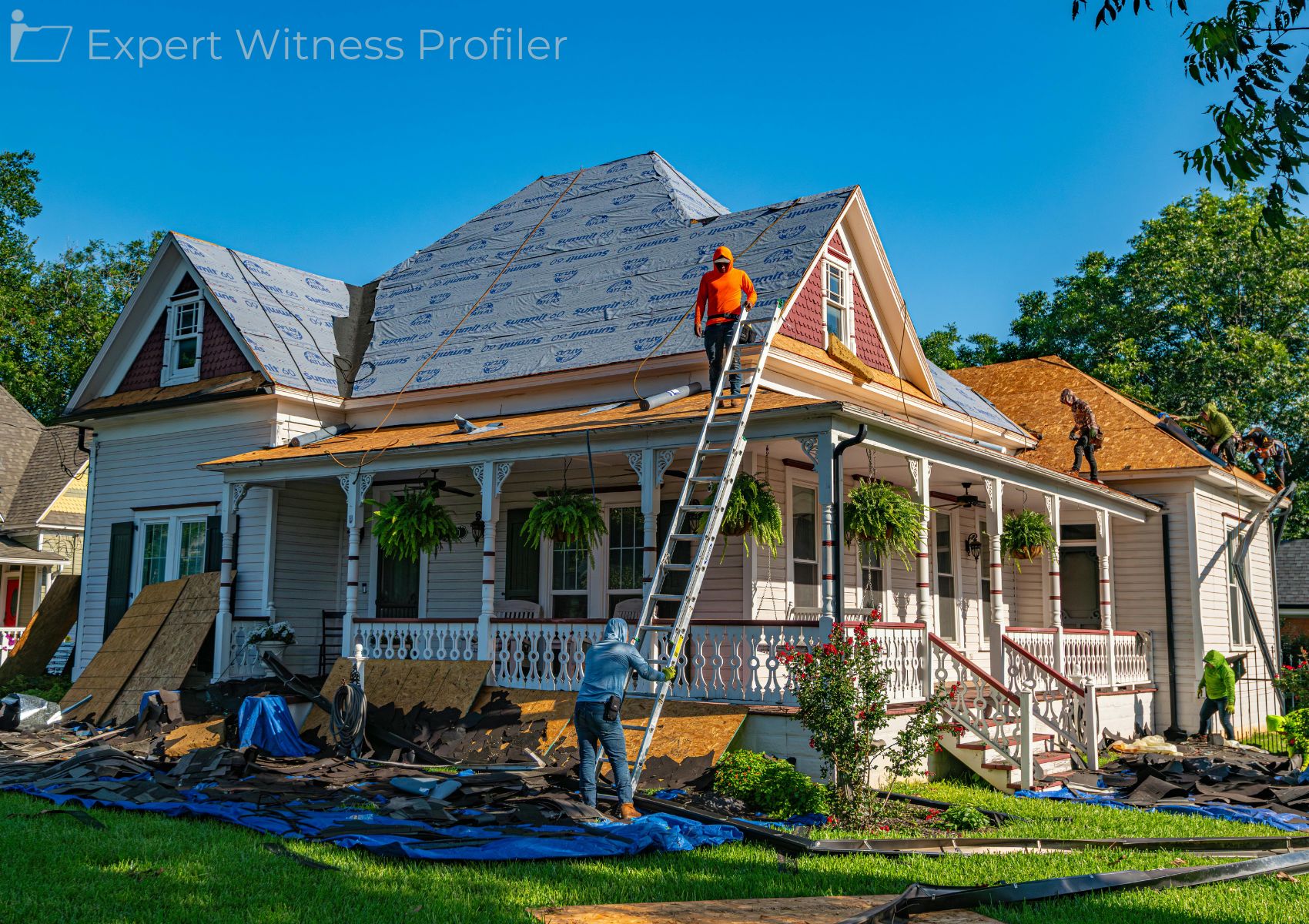
Posted In: Expert Challenges, Insurance Expert Witness
Posted On: December 19, 2025

Posted On: December 19, 2025

Posted On: December 15, 2025
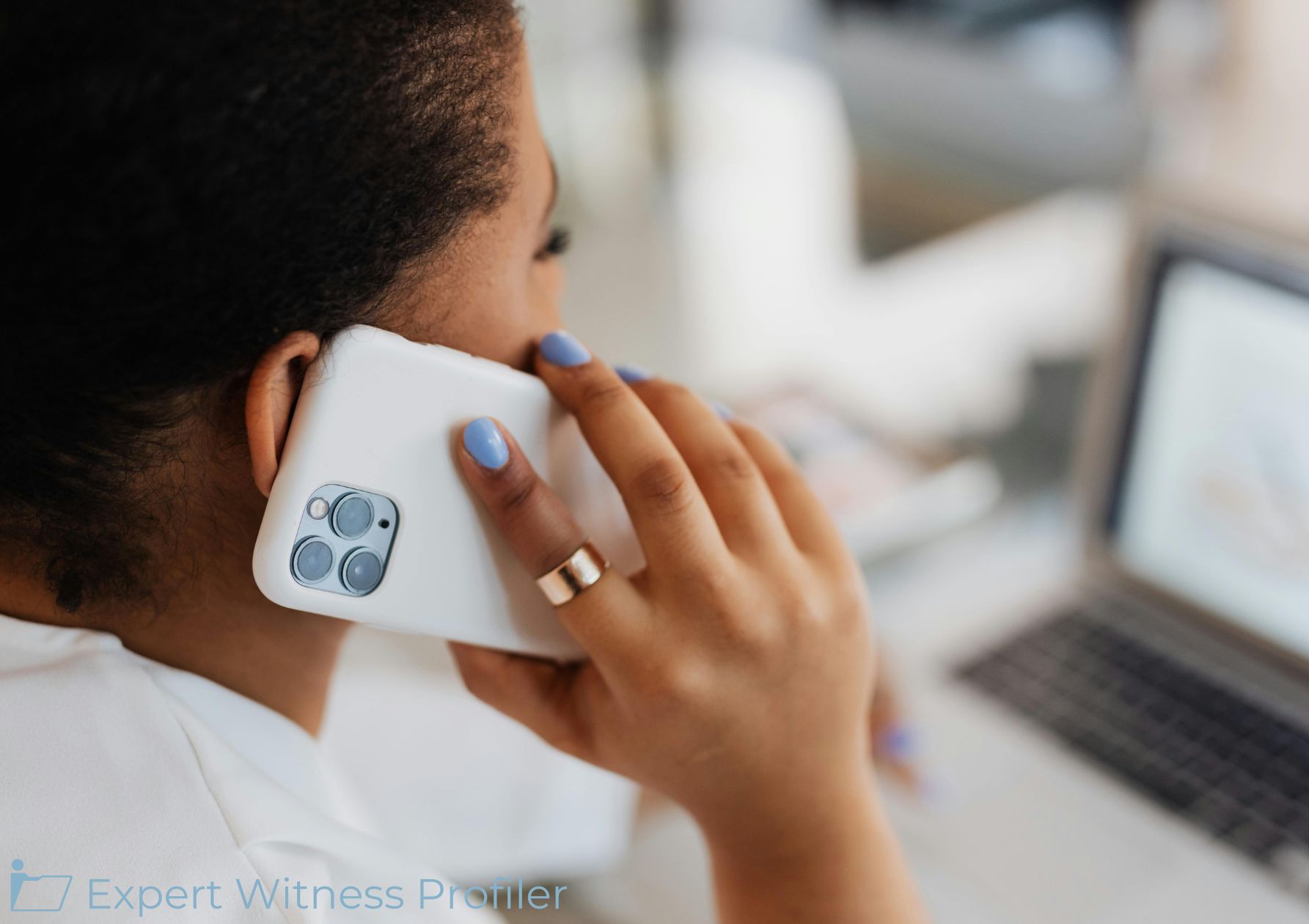
Posted On: December 10, 2025
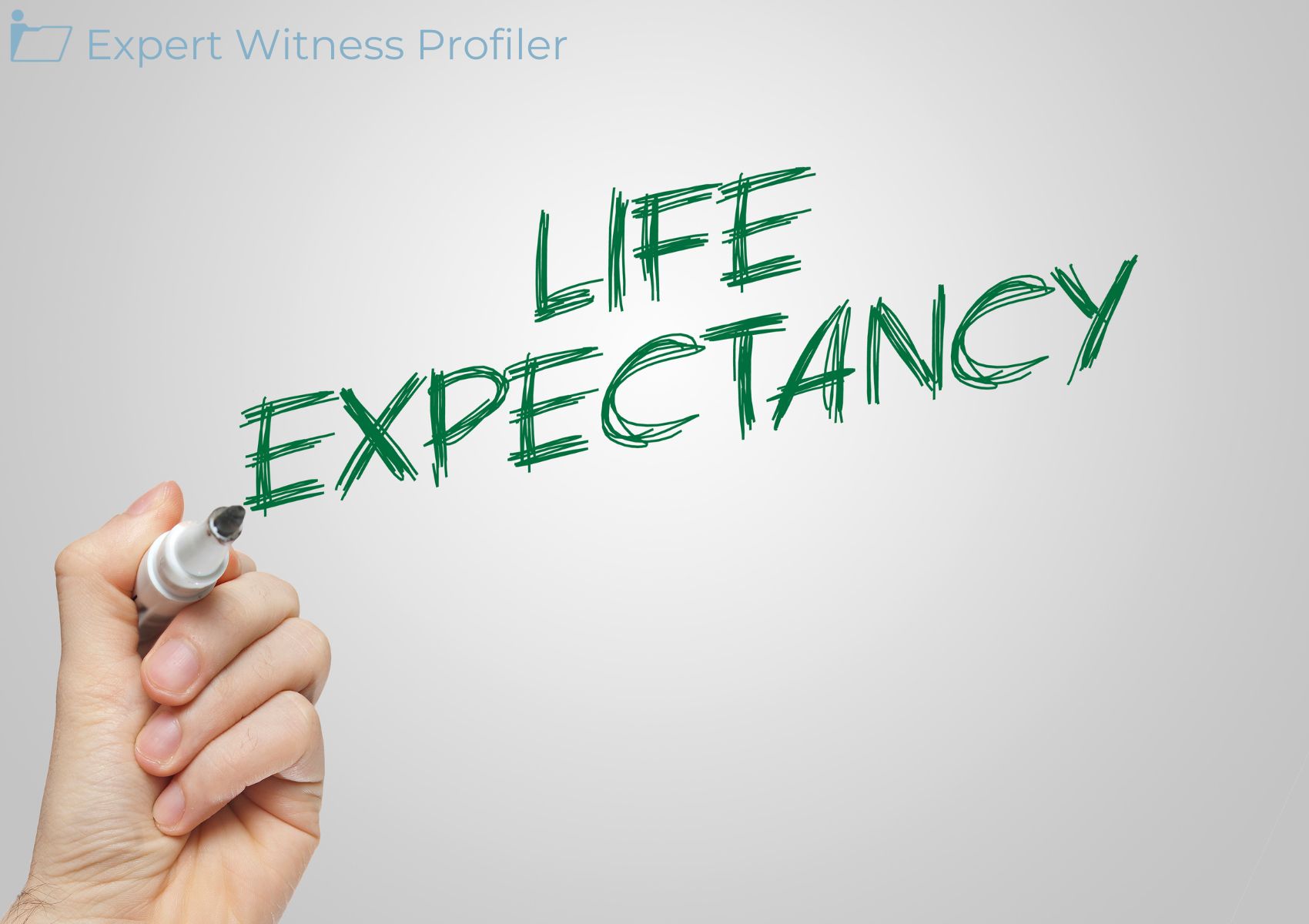
Posted On: December 3, 2025
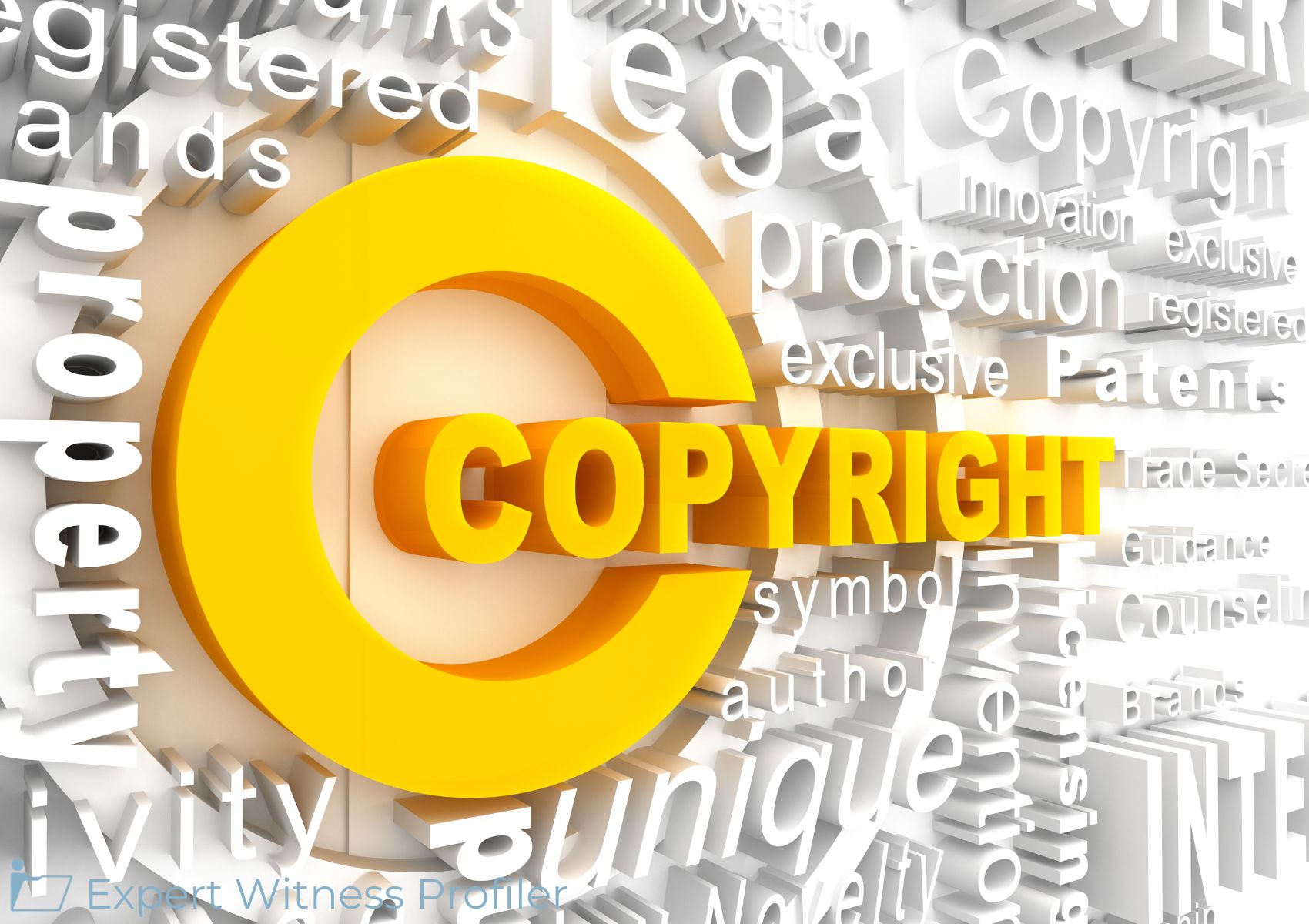
Posted On: November 26, 2025

Posted On: November 25, 2025
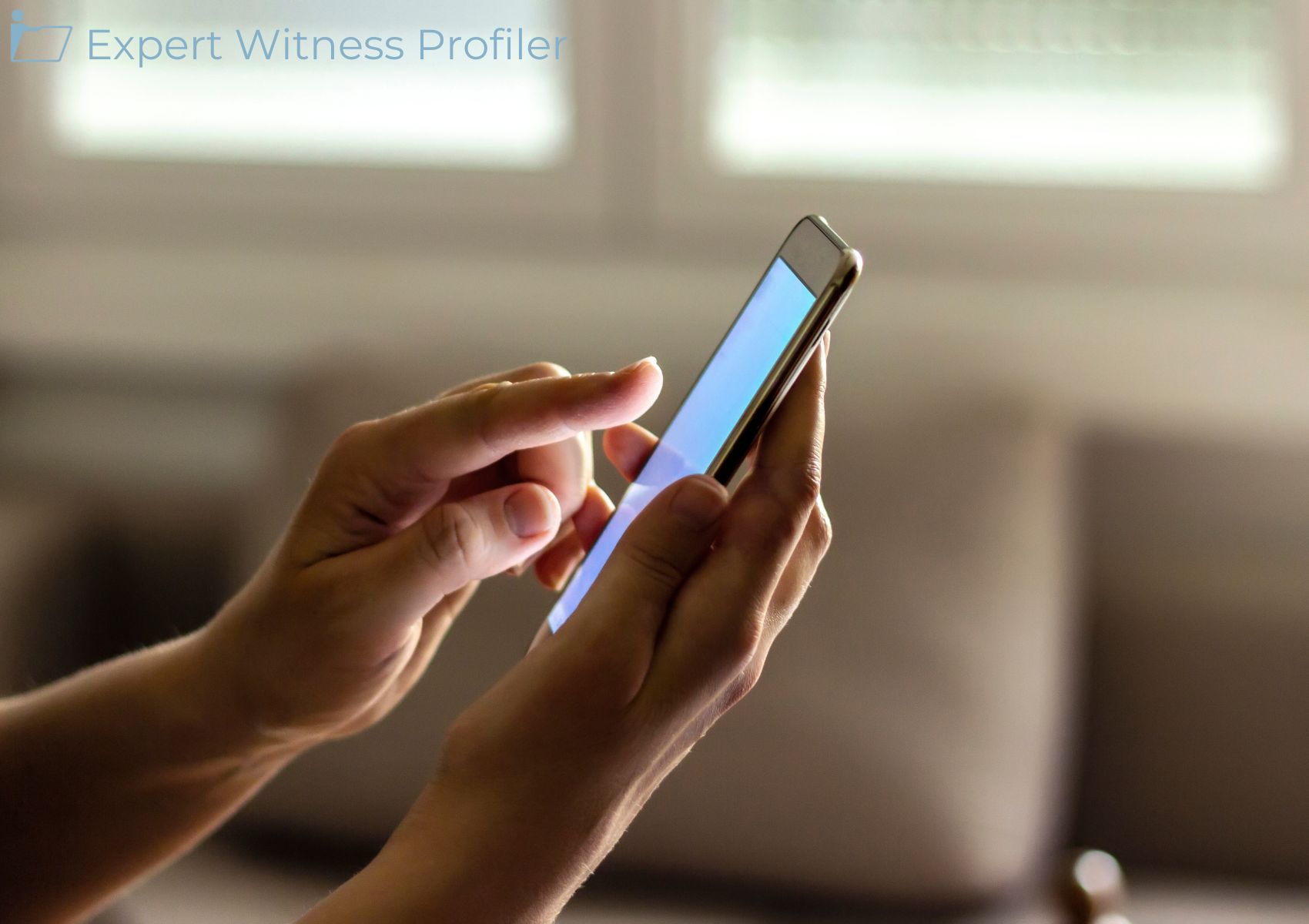
Posted On: November 18, 2025

Posted On: November 17, 2025
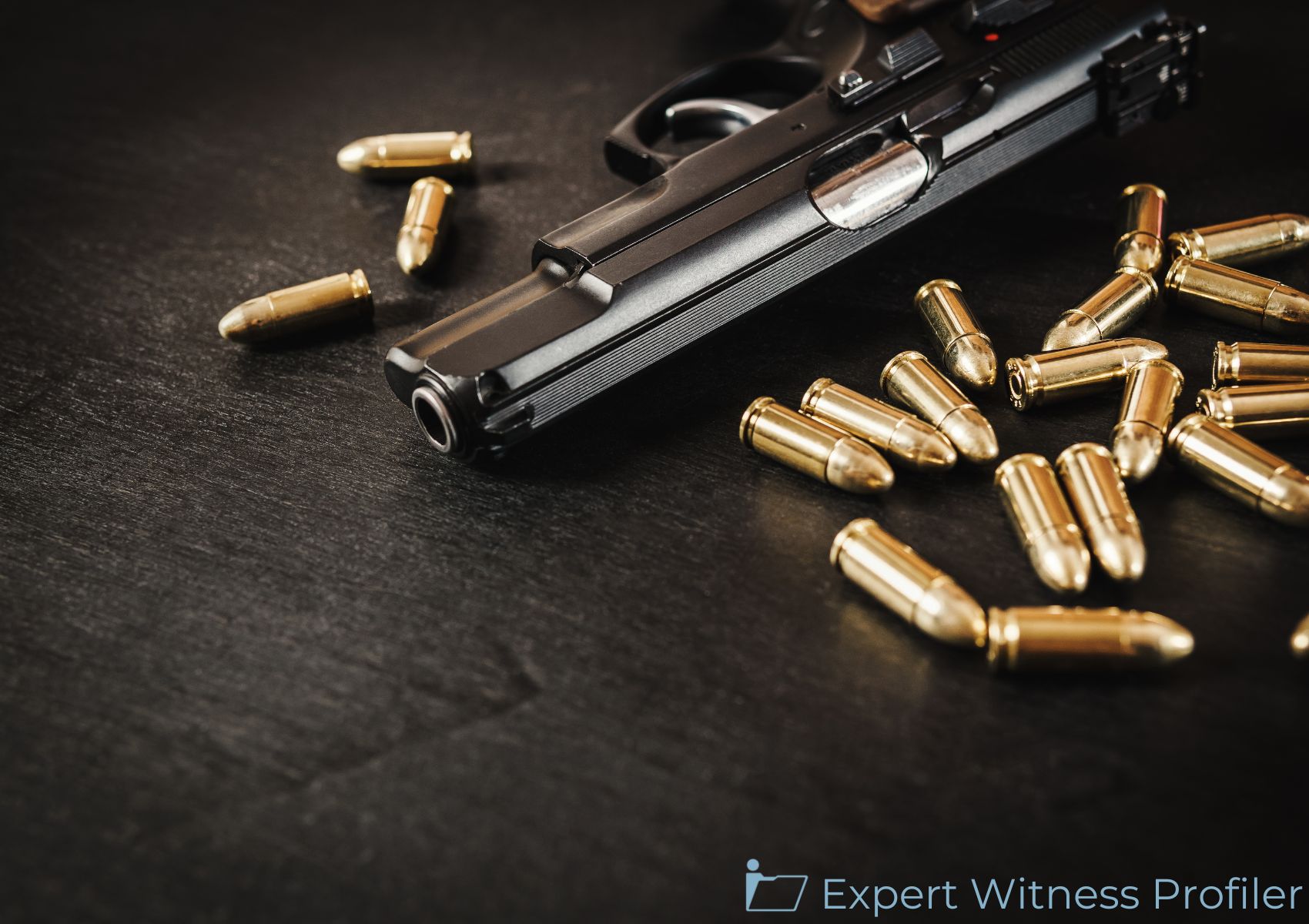
Posted On: November 13, 2025
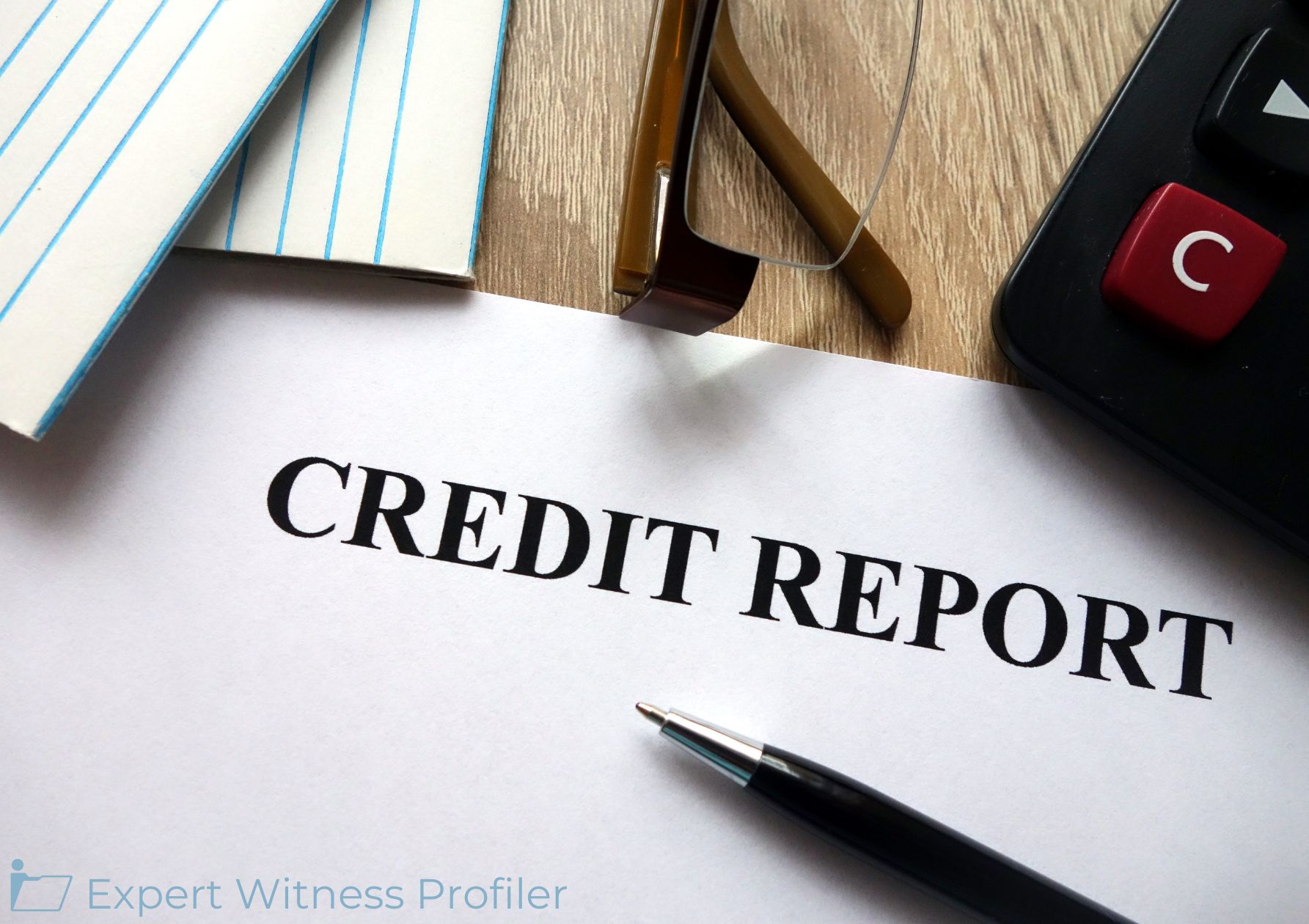
Posted On: November 6, 2025